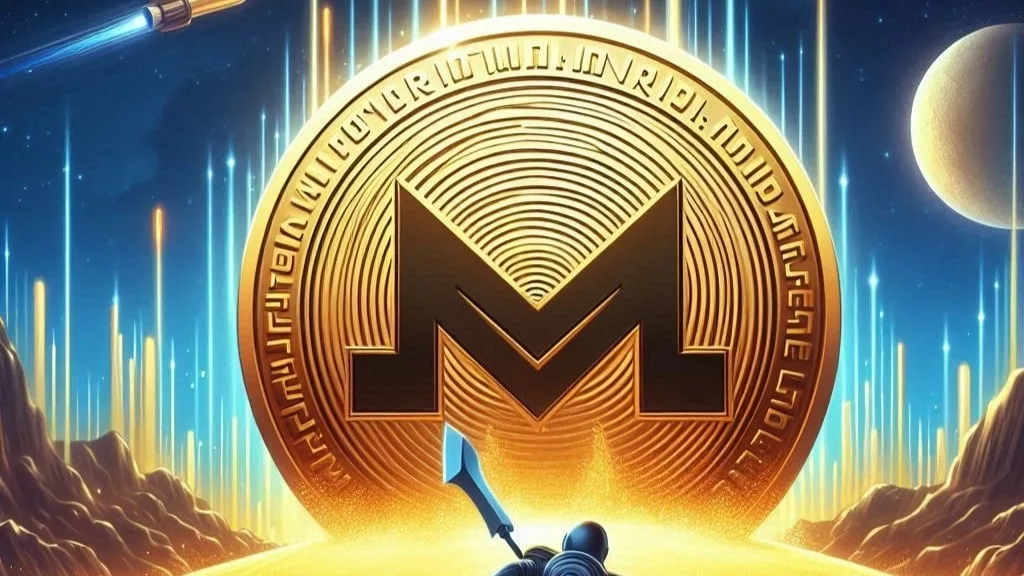
In a recent development, Lido Finance, the prominent Ethereum staking protocol, has moved swiftly to address concerns surrounding the safety of its Lido DAO (LDO) and staked-Ether (stETH) tokens. These concerns arose following reports from blockchain security firm SlowMist, which raised questions about a potential security vulnerability in the LDO token contract. While Lido Finance has not confirmed any specific exploits, they have taken proactive steps to provide assurance to users regarding the safety of their assets.
Lido Finance, a well-known player in the Ethereum staking ecosystem, has gained popularity for its innovative approach to staking. It allows users to stake their Ether (ETH) holdings while simultaneously maintaining liquidity. This liquidity-backed staking mechanism is achieved through the creation of stETH tokens, which represent users’ staked Ether. Lido DAO (LDO) serves as the native governance token within the Lido Finance ecosystem.
Understanding Lido Finance:
For those who may be new to the world of decentralized finance (DeFi) and Ethereum staking, a closer look at Lido Finance is essential. This protocol has emerged as a reliable and efficient platform for Ethereum holders seeking to put their assets to work and earn rewards.
Lido Finance’s core functionality revolves around Ethereum staking, a process that involves securing the Ethereum network by locking up Ether and participating in the network’s consensus mechanism. Ethereum stakers, in return for their contributions to network security, are rewarded with additional Ether. However, traditional staking often comes with a drawback: it locks up the staked assets, making them illiquid and inaccessible for other purposes.
This is where Lido Finance comes into play. It offers a unique solution by allowing users to stake their Ether while receiving stETH tokens in return. These stETH tokens are not only a representation of the staked Ether but are also tradable on various DeFi platforms, providing users with liquidity and flexibility.
Security Concerns Arise:
On September 10, SlowMist, a respected blockchain security firm, raised concerns about a potential security breach within the LDO token contract. While Lido Finance did not explicitly confirm any instances of exploitation, they acted swiftly to address the situation and reassure their user base.
The concerns raised by SlowMist revolve around a security vulnerability that could potentially be exploited by malicious actors. Such vulnerabilities are not uncommon in the fast-evolving world of DeFi, where the stakes are high, and the threat landscape is ever-changing.
Lido Finance’s Response:
In response to the security concerns, Lido Finance took a proactive approach to reassure its users. The protocol’s team emphasized their commitment to the safety and security of users’ funds. While they did not confirm any specific security breaches, they acknowledged the existence of the reported vulnerability and took immediate steps to investigate and rectify the situation.
The transparency and swift action taken by Lido Finance are indicative of the responsible and user-centric approach that reputable DeFi projects strive to maintain. The team’s dedication to safeguarding users’ assets and maintaining the integrity of the LDO and stETH tokens was evident throughout this process.
The Significance of LDO and stETH:
Lido DAO (LDO) and staked-Ether (stETH) tokens play pivotal roles within the Lido Finance ecosystem. LDO serves as the native governance token, giving users the ability to participate in decision-making processes related to the protocol’s development and governance. This democratic approach allows the community to have a say in the direction of Lido Finance, making it a truly decentralized platform.
Staked-Ether (stETH) tokens, on the other hand, represent users’ staked Ether and hold significant utility in the DeFi space. These tokens are tradable, providing liquidity to users who wish to access their staked assets or participate in other DeFi activities. The combination of staking rewards and liquidity options makes stETH a valuable asset for Ethereum holders.
Conclusion:
In conclusion, the recent security concerns raised by SlowMist regarding the LDO token contract have shed light on the importance of security in the DeFi space. Lido Finance’s prompt response and commitment to user safety have demonstrated their dedication to maintaining the trust of their community.
While no specific exploits have been confirmed, the proactive measures taken by Lido Finance to investigate and address the reported security vulnerability are commendable. As DeFi continues to evolve, security will remain a top priority for projects like Lido Finance, ensuring the safety of users’ assets and the long-term sustainability of the ecosystem.
As users and investors navigate the dynamic world of DeFi, it is crucial to stay informed and exercise caution, while also recognizing the value that innovative platforms like Lido Finance bring to the broader Ethereum ecosystem. The ongoing commitment to security and transparency by projects like Lido Finance serves as a beacon of trust in the decentralized finance space, helping it mature and thrive in the years to come.




Get the latest Crypto & Blockchain News in your inbox.